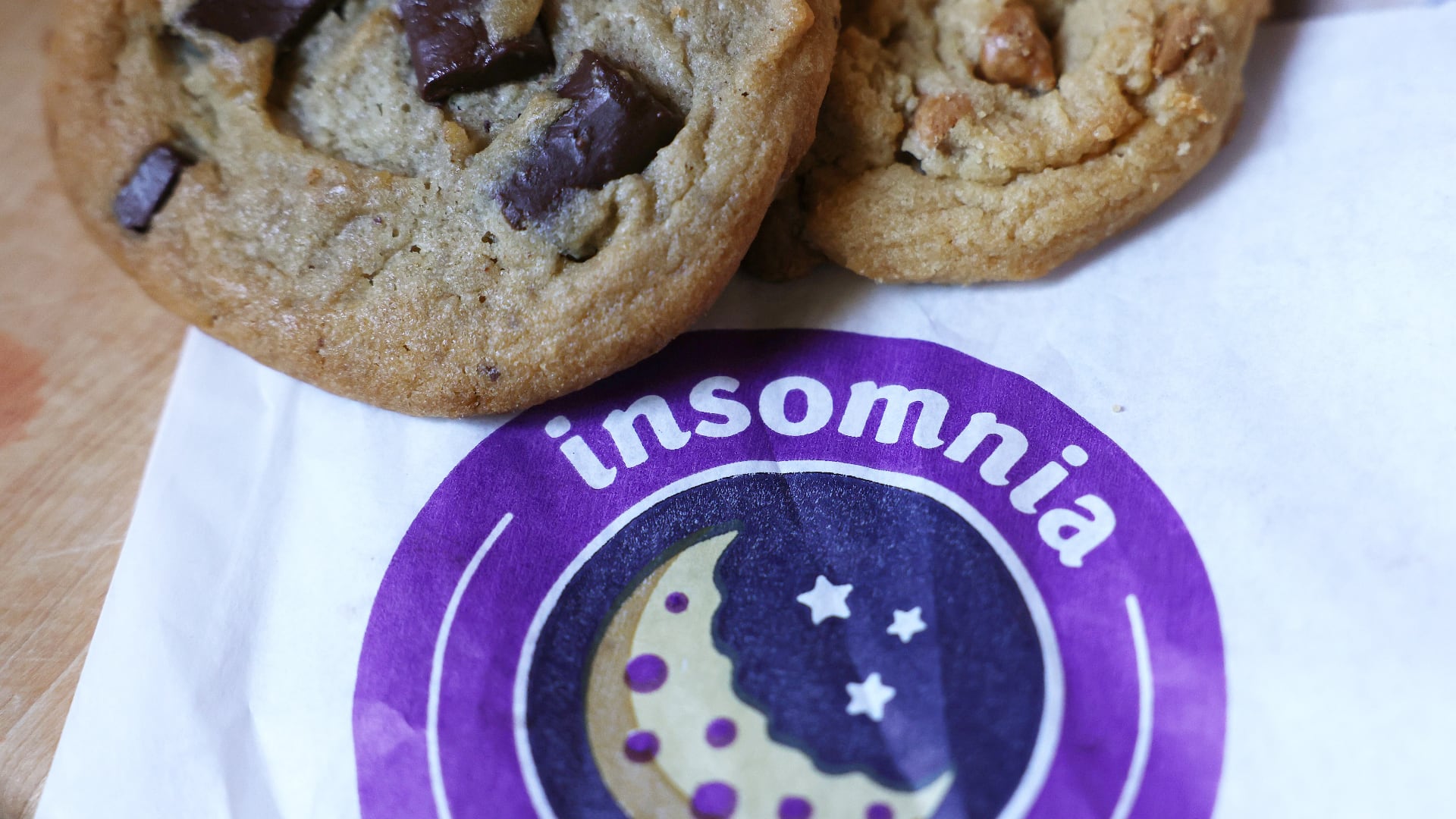*By Bridgette Webb* Shares of the smart security camera maker Arlo soared Friday in their public debut on the New York Stock Exchange, with the stock rising as much as 40 percent from its IPO price. Though the company sold shares at a lower price than expected, CEO Matthew McRae told Cheddar he doesn't worry he left any money on the table. "We wanted to make sure it traded healthy," McRae said. "We want to make sure that everyone had success today ー we are looking at the long term." Arlo, which was spun out of networking hardware company Netgear, sold 10.2 million shares at $16 in its offering ー below the initial target range of $18 to $20. That raised just $163 million for the company, short of the more than $200 million it could have brought in. Still, the stock opened at $18.50 and rose even higher during the day. That's similar to the trajectory of the speaker company [Sonos](https://cheddar.com/videos/sonos-jumps-in-market-debut), which rose 40 percent in its first two days on the market. Like Sonos, Arlo competes in a crowded market. Amazon has its Cloud Cam and Ring smart lock, and Google has Nest. But McRae classified his company's relationship with these rivals as "coope-tition." "We are more friends than enemies," he said. "If we look at Amazon, we compete with its Ring, but they're a great channel partner of ours and helps to sell our product." Amazon has removed competitors' products from its site in the past ー the e-commerce giant announced in [2015](https://www.recode.net/2015/10/1/11619122/amazon-raises-a-walled-garden-by-booting-apple-tv-google-chromecast) it would stop selling Apple TVs and Google Chromecast sticks. But McRae said that's a risk Arlo is willing to take ー albeit with caution. "As long as we are both growing, we have a strategic partnership." Arlo trades on the NYSE under the ticker "ARLO."












